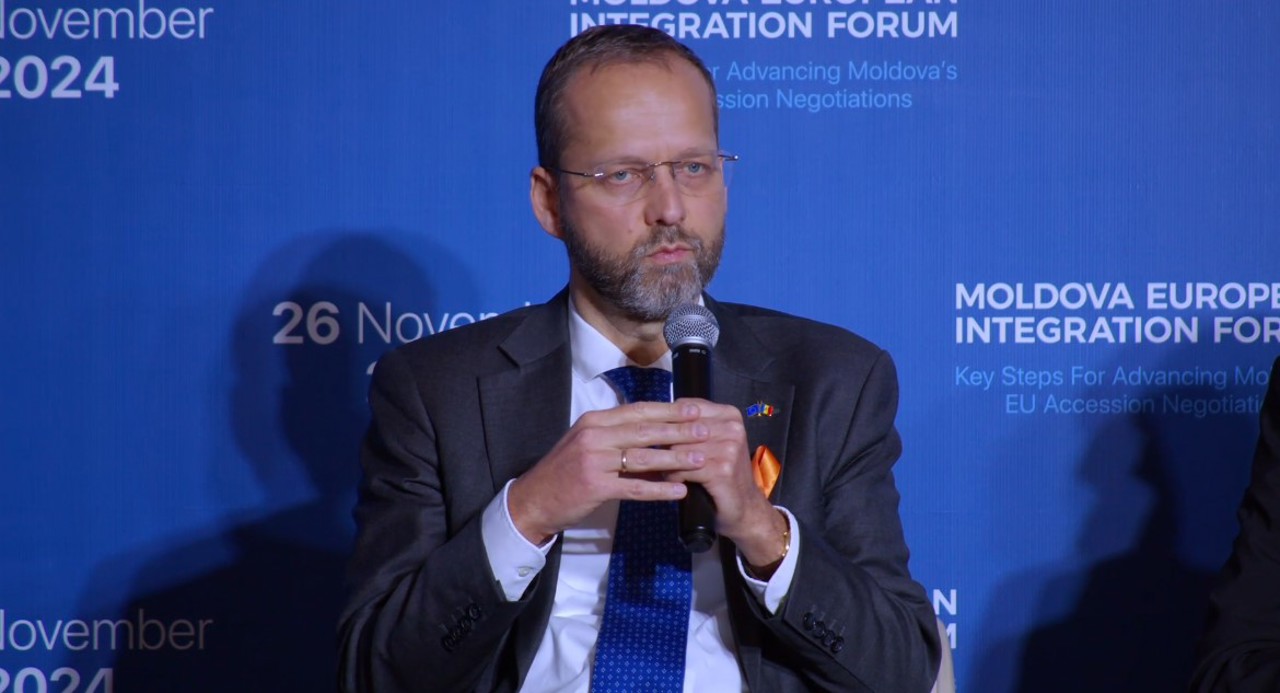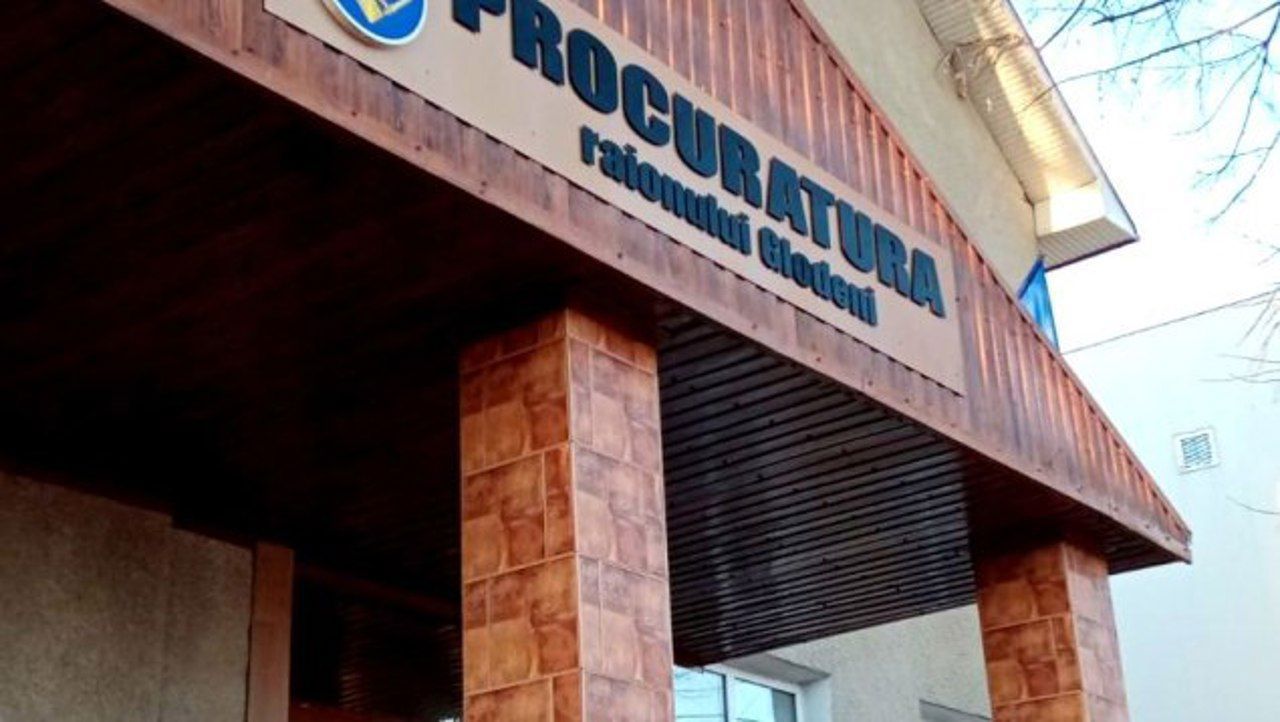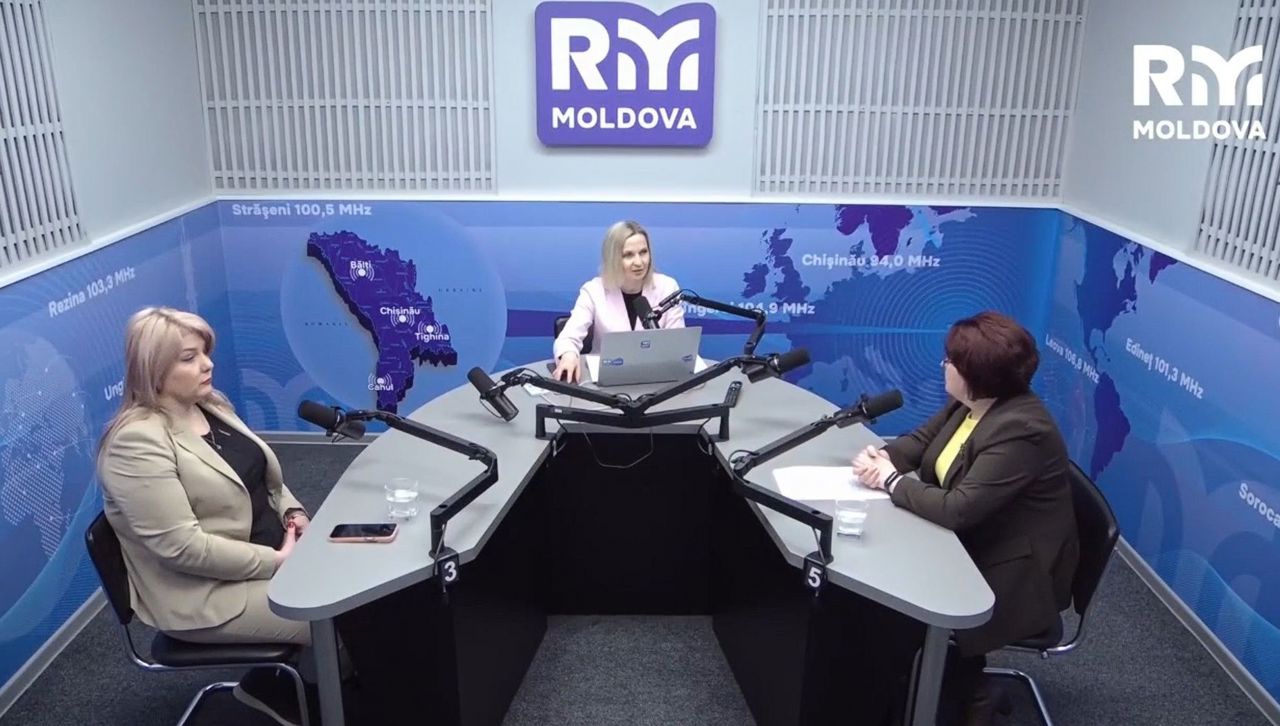Moldova’s contingency plan for gas supply amid Transnistrian concerns
The European Union is in ongoing dialogue with the Government of the Republic of Moldova regarding the natural gas supply issue in the Transnistrian region, but it is crucial for the Government to have a contingency plan in place.

This was the comment made by the European Union’s Ambassador to Chișinău, Janis Mazeiks, during the European Integration Forum of the Republic of Moldova.
“It is crucial for the Government to have this contingency plan. From what I have heard, Moldova and its Government have a contingency plan in place. Technically, it is evident that Moldova is in a much better situation than it was a few years ago, given that there are options to ensure the supply of these deliveries to citizens. There are also technical options to ensure gas deliveries to the Transnistrian region. However, this is a matter that needs to be discussed by the Government of the Republic of Moldova, and the Government is involved in these discussions. The Minister of Energy traveled to St. Petersburg to discuss these issues. Therefore, we believe we can feel more reassured,” said Janis Mazeiks.
The Ambassador believes that the European Union will not need to intervene in this regard: “Of course, the country has faced many challenges in the past, and we are trying to support the country, but our expectation and hope are that, this time, our involvement will not be necessary. There are several reasons why such worries should not exist, because there is this contingency plan, and that is a positive thing.”
It is worth noting that the Minister of Energy, Victor Parlicov, traveled to St. Petersburg, Russia, where he held negotiations with representatives of Gazprom. The main topic of the discussions was ensuring natural gas supplies to the Transnistrian region starting January 1, 2025, and the possibility of delivering natural gas via alternative routes if the transit through Ukraine is interrupted.
The visit of the Minister of Energy to St. Petersburg for discussions with representatives of the Russian company Gazprom, in light of the risk of gas transit disruption through Ukraine starting January 1, 2025, was not only necessary but also anticipated, stated Oleg Serebrian, the Deputy Prime Minister for Reintegration. The official said in an interview with Moldova 1 that the discussions are taking place “in the interest of the citizens of the Republic of Moldova,” as any potential interruption in transit could trigger a humanitarian crisis, which would, in turn, affect citizens on both sides of the Dniester River.
Translation by Iurie Tataru






